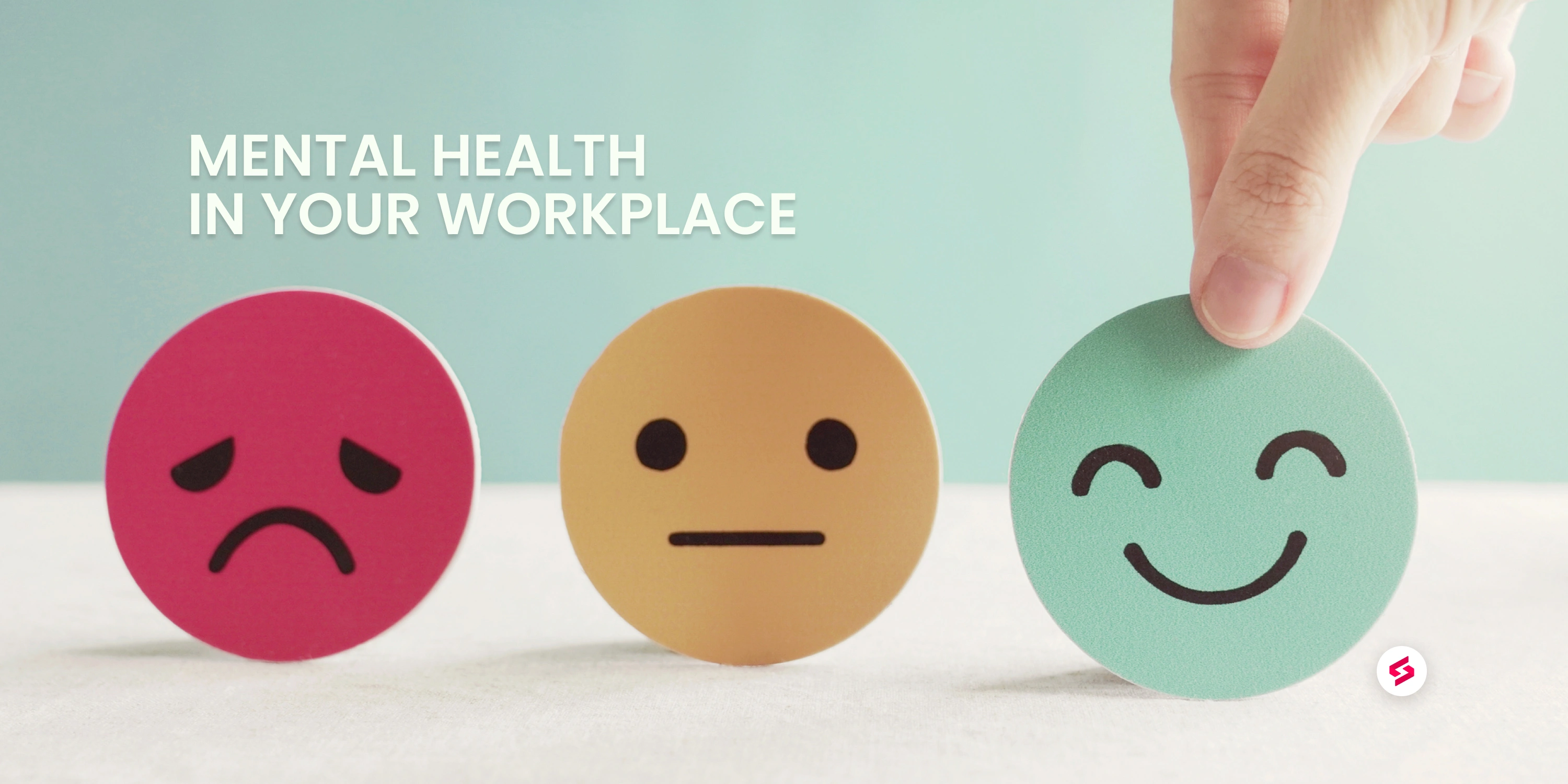Isolation and work pressure don’t blend well. Unfortunately, with remote work fast becoming the new normal (thanks to 2020—the year of chaos), people have little choice but to go through this blend of isolation and work pressure alone. A year full of unprecedented twists and turns, it took its toll on MSP owners and employees.
With an adverse shift in lifestyle and normalization of remote work, mental health takes the forefront as a widely-discussed topic among MSPs. In fact, it was featured as a global challenge by the World Economic Forum. While mental health has always been a crucial aspect of a person’s overall well-being, it received significant attention last year and was treated seriously for a change.
With respect to the current discourse around mental health, it becomes important to evaluate the importance of mental health in the MSP space.
“It’s lonely at the top.”
The highs and lows in business stats often turn out to be reflections of the company leader’s mental health. Studies over the last few years have shed light on the dangerous global corporate reality.

The stats are that just business owners at large, even MSP business owners IT professionals, the suicide rate is very high among owners. It comes down to getting good help during that. Many people know that the suicide rates and depression rates are a lot higher because of the pandemic.
 | Nate Sheen President, DataCom Technologies |
A survey conducted by LinkedIn found that 39% of professionals are undergoing increased stress and anxiety due to the new social regime brought about by covid. Similarly, a WHO-led study reported a $1trillion loss in the global economy every year caused by decreased productivity, which in turn is caused by depression and anxiety disorders.
Blurred lines
With WFH becoming the norm, the line between work and personal life is almost blurred, and therefore it requires a conscious effort on an individual’s part to make sure the boundaries remain intact. This can be admittedly difficult to achieve, considering the lack of an opportunity to engage in informal conversations with colleagues in a WFH setting.
Add to that an increasing frequency of online business meetings (which, let’s face it, can often be disarranged and exhausting), and you have in your hands the ideal recipe for stress and anxiety. This is especially true in the case of MSPs, where one might receive a phone call or help ticket at virtually any point in time.
The plight of the background workers
MSPs are now an essential entity, and they run regularly in the background while prioritizing the customers over themselves. It can get isolating at times, considering how most MSPs function in small teams and how MSPs must go about solving problems.

MSPs are essential workers, especially in light of places like ours who ran 24/8 to get doctors' offices up and running remotely in March, and it’s looking like, may happen again. You regularly run full-force, silently in the background, truly unsung heroes when everyone else is scared, frozen, or otherwise disinterested.
Elizabeth (Hyde) Copeland COO, Tier2Technologies |
One-person MSPs are also a thing and it can get very difficult for them as well. Harvard Business School’s non-profit organization conducted a study of global employees in early 2020. They concluded that the mental health of around 42% of participants had seen a decline since the pandemic surfaced.
The company and employees' constant efforts in establishing boundaries between work and personal life can help mitigate this problem. The American Psychiatric Association’s Centre for Workplace Mental Health suggests regular schedules and timed breaks from screens.
Winning this lonely fight
One of the most important initiatives that help with mental health issues in the workspace is ‘talking.’ Yes, something as simple as having conversations can go a long way in improving one’s mental health. People often tend to have pent-up emotions that greatly affect their work lives.
While it may sound simple, honest conversations require a certain amount of comfort and vulnerability. This is a problem because many companies still follow an archaic and detached ‘don’t ask, don’t tell’ work culture. Companies must fight off the stigma and start providing a safe space for employees to be openly vocal about their mental health.
MSPs should try and implement a culture of connection through check-ins. Moreover, they can encourage their teams to find healthy coping strategies and take breaks whenever it gets overwhelming.
At its core, an MSP is supposed to be human-centric as it provides services to people and eases their lives. Likewise, the company’s culture must be accommodating of the ‘human’ aspects and necessities of its employees.
A culture of self-prioritization is the need of the hour in the MSP space. While talking in a healthy environment will help, people also should not hesitate to seek professional help if and when necessary.
Escalating relevance of MSPs

MSPs are becoming the most critical part of any small business needed. You know, when you start a small business, they say you need an accountant, you need an attorney, I think they're going to add to that you need an MSP as a part of that too, because of how important technology is to your business these days.
 | Nate Sheen President, DataCom Technologies |
Nate is also of the idea that an MSP can increase efficiency by knowing when to let go of customers. MSPs must know their right customers and allocate their resources accordingly as opposed to appeasing a large number of customers. This simple practice can go a long way in keeping the workload in check and sustaining the employees’ mental health.

There are some customers, no matter how much they pay us, it’s not worth the energy or the suffering that’s required to sustain those customers.
 | Ryan Morris Principal consultant, Morris Management Consultancy |
The role of company culture
Workplace conduct is what makes or breaks an employee’s mental health. Many corporations around the globe are not adequately considerate with sick leaves and breaks. This, coupled with rampant sexual harassment, office politics, and body shaming, attribute to the employees’ declining mental health. But what about the companies that have turned remote?
With the paradigm shift in mental health conversations in recent years, now is the time for corporations to double down on creating healthy work environments, physical or otherwise. For starters, MSPs must invest in mental health training, improve communication within the team and achieve more flexibility. This, in turn, will translate into better business and greater productivity for the company.





